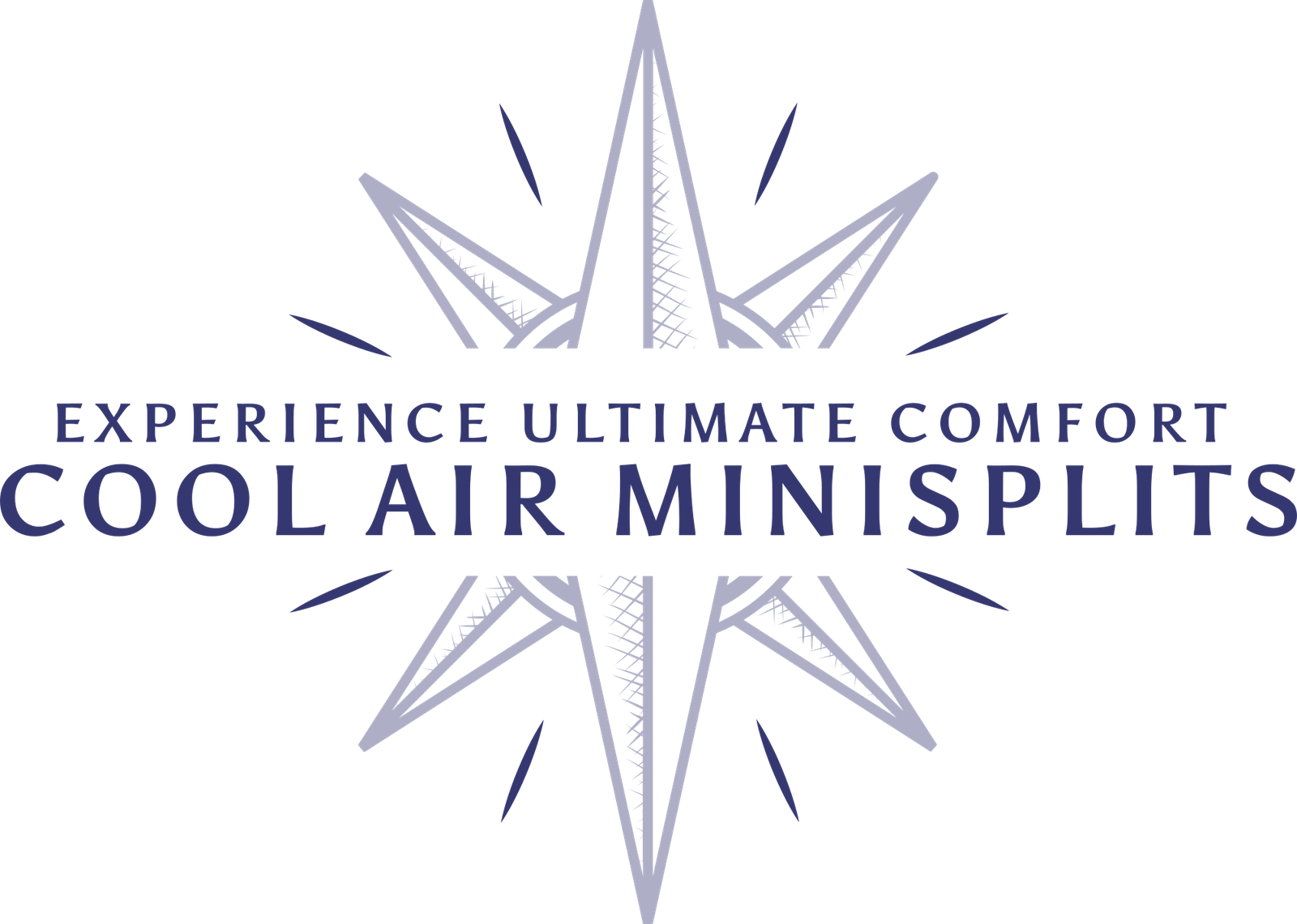Picture this: You’re sprawled out comfortably on your couch, enjoying the cool breeze of your air conditioner on a sweltering summer afternoon. But, as the hours pass by, you start to feel like you’re in a snow globe instead of your cozy living room. Your AC seemingly transforms your home into a winter wonderland and it simply refuses to stop! You stare at your thermostat, wondering, “Why on earth is my AC unit not shutting off?” You’re in luck, dear reader, as we’re about to delve into the magical and sometimes confusing world of air conditioners. Buckle up for an icy cool adventure as, together, we uncover why your AC might be acting more like the Snow Queen than a chillout buddy.
Unraveling the Mystery: Why Your AC Wont Stop Running
If you find that your air conditioning system has developed an eerily consistent hum and won’t shut off, you’re probably feeling frustrated, hot, and confused. There are several reasons why an AC unit could be continually running and they usually fall into one of these categories: improper thermostat settings, wrong unit size or clogged filters. Let’s explore each potential culprit.
Improper Thermostat Settings: This is an easy mistake to make but fixes for this are quick and can alleviate your problem instantly. For instance, an incorrectly set fan could be the reason why your AC doesn’t stop. When set to “on” rather than “auto,” the AC’s fan keeps blowing even when cooling has stopped, causing the system to appear as though it’s continually running.
- Thermostat set to “on”
- Fan keeps running after cooling has stopped
Incorrectly Sized Units: Another common issue is an AC unit that’s either too small or too large for the space it’s cooling. For instance, if your unit is too large, it shuts down and restarts more frequently. On the other hand, if the unit is too small, it may run constantly in a doomed attempt to cool the space adequately.
| AC Size | Impact |
|---|---|
| Too Large | Shuts down and restarts more often |
| Too Small | Runs consistently without adequate cooling |
Clogged Filters: Your AC’s air filters play a vital role in its operation, and when they’re congested, they don’t let enough air pass through. This could cause your AC to run all the time in an attempt to reach your desired temperature.
- Clogged air filters
- AC runs constantly
A few easy adjustments, such as maintaining appropriate thermostat settings, ensuring correct AC unit size, and keeping the air filters clean, can save you from the relentless drone of an incessantly running AC.

Common Culprits for a Nonstop AC and Ways to Detect Them
Imagine it’s a regular day at home, and suddenly you notice your air conditioning unit has been running for hours without a break. That could simply mean that your thermostat settings are off, or that you’re dealing with one of several common AC issues. Determining exactly what’s going wrong can be complex, but understanding some of the usual suspects can give you a head start.
First on the list of common culprits is a faulty thermostat. A malfunctioning thermostat won’t send the correct instructions to your AC, causing it to run without stopping. To test this out, try resetting your thermostat or switching it on and off. If the nonstop cycle persists, your thermostat may need professional repair or replacement.
Another offender can be a dirty or frozen evaporator coil. Clogged coils can hinder your AC’s ability to absorb heat, thereby extending run times. Regular maintenance and cleaning can help address this issue. Frozen coils, on the other hand, are a sign your AC is overworking. Again, calling in a professional is your best course of action in case of frozen coils.
| Culprit | Detection |
| Faulty Thermostat | Check for nonstop running even after resetting or switching on/off. Consider professional help if issue persists. |
| Dirty or Frozen Coil | Inspect for unusual running times. Regular maintenance can aid prevention. If frozen, call in professional help. |
Lastly, a low refrigerant level might be the issue. Without the right amount of refrigerant, your AC won’t adequately cool your home, and it may keep running in an attempt to meet the demanded temperature. To check if low refrigerants are the cause, look out for reduced cooling efficiency, hissing noises, or ice formation. Any of these signs demand immediate professional attention.
| Culprit | Detection |
| Low Refrigerant Level | Observe for reduced cooling efficiency, ice formation or hissing sounds. Require professional attention. |

Picking the Perfect Solution: DIY Fixes for an Overworking AC
Let’s Crack the Code
The first factor you need to explore is whether your AC unit is simply stuck in its cooling cycle. Sometimes, the reason behind its continuous operation can be as simple as a faulty thermostat, which might be incorrectly reporting your home’s temperature. Moreover, your cooling set point may be unrealistically low, urging the system to keep up the fight to reach that temperature. Another common issue is a dirt-clogged air filter, which is working hard to circulate air due to the blockage, thereby putting extra strain on the AC unit.
- Faulty thermostat
- Unrealistically low cooling setpoint
- Dirt-clogged air filter
Time for a Quick Fix
Fortunately, these issues mentioned come with DIY fixes. For thermostat issues, try replacing the batteries or checking the wiring. Maybe it just needs to be replaced altogether. For setpoint problems, adjust the temperature to a more realistic level, considering both your comfort and energy-efficiency. If these steps don’t help, consider professional help. As for the air filter, simply remove and replace it, or clean it if it’s a reusable model.
- Replace the batteries or check wiring of the thermostat
- Adjust the cooling set point
- Replace or clean the air filter
| Problem | DIY Solution |
|---|---|
| Faulty thermostat | Check batteries, wiring or replace |
| Low cooling setpoint | Adjust temperature level |
| Dirt-clogged filter | Replace or clean filter |
Remember, while these DIY fixes can help, it’s important to keep a check on your AC unit and provide regular maintenance to ensure it’s working at its optimum level. Professional help may be a requirement in some cases where the problems are more technical and need a skilled approach.

Calling in the Pros: When to Seek Expert Help for your AC Woes
The world of air conditioning can be complex, and as much as you might like to manage your unit’s troubles yourself, there are times when professional intervention becomes inevitable. In particular, diagnosing a situation where your AC unit fails to shut off can be challenging, and typically involves issues beyond simple troubleshooting. Attempting to fix these serious problems yourself can result in greater damage, increased repair costs, or even pose a safety hazard. Thus, it’s crucial to recognize when you need to dial up the experts.
Unexplained Continuous Operation: If your AC unit does not shut off despite reaching your desired temperature or after extensive cooling periods, it signifies a problem. The potential culprits could vary from a poorly calibrated thermostat or a faulty relay switch. An AC professional could duly assess and rectify these technical issues.
| Potential Problem | Professional Solution |
|---|---|
| Poorly Calibrated Thermostat | Expert Thermostat Calibration |
| Faulty Relay Switch | Switch Replacement |
Excessive Energy Consumption: A continuously functioning AC unit consumes excessive power. If you notice a sudden spike in your energy bill, it could suggest an AC unit running overtime due to defective components. These could include a condenser unit problem or a defective control board. A pro can identify and address these effectively.
| Possible Malfunction | Professional Solution |
|---|---|
| Condenser Unit Problem | Condenser Repair or Replacement |
| Defective Control Board | Control Board Repair or Replacement |
Q&A
Q: What could be the reasons behind my AC unit not shutting off?
A: A handful of reasons could cause this malfunction. These include a malfunctioning thermostat, frozen or dirty coils, and faulty relays or insulation.
Q: Should I worry if my AC unit refuses to shut off?
A: Continuous running not only ramps up your electricity bill but also puts unnecessary strain on your system. If not addressed, it could lead to a shorter lifespan for your AC unit, so it’s best to act swiftly.
Q: Could a broken thermostat be behind the issue?
A: Absolutely! The thermostat is the brain of your cooling system. If it malfunctions, it may fail to signal the AC unit to turn off, causing it to run continuously.
Q: Is it possible that the culprit is dirty or frozen coils?
A: Yes, it’s a strong possibility! If the coils freeze up or become too dirty, they can affect temperature functionality causing the AC unit to work overtime.
Q: How does faulty insulation cause my AC unit not to shut off?
A: Faulty insulation can allow cool air to escape from your home causing the AC unit to work harder trying to maintain a set temperature. This could mean that the AC runs much more than desired, sometimes refusing to shut off.
Q: What role does the AC relay play in ensuring the unit shuts off?
A: The relay is essentially a switch that starts and stops your AC unit based on signals from the thermostat. If it’s faulty, it might stick in the ‘on’ position causing the unit to keep running.
Q: How can I prevent these problems from encountering my AC unit?
A: Regular maintenance checks including cleaning and inspecting the coils, relay, and insulation can prevent these issues. Proper care for your thermostat and upgrading it as necessary can also help prevent such problems from arising.
Q: what should I do if I can’t diagnose or fix the problem myself?
A: Don’t sweat it – literally and figuratively! Call in a seasoned HVAC professional who understands the ins and outs of air conditioning systems. They can help you find the root of the problem and get your AC back in top-notch shape swiftly!
To Conclude
And there you have it, dear reader, everything you need to don your home improvement wizard’s hat and decipher the enigma of an AC unit that refuses a peaceful slumber. From faulty thermostats to rampaging fans, invisible refrigerant leaks to the mysteries of miscommunication between indoor and outdoor elements, these peculiar devices can sometimes have a mind of their own. But with a sprinkle of patience, a dash of detective work, and an arsenal of tips from your friendly neighborhood AC guide, you’ll surely conquer any challenges your cool companion throws your way. And remember, when all else fails, an expert HVAC-helper is just a phone call away. Stay cool, stay curious and here’s to you achieving that blissful harmony between indoor comfort and energy efficiency!

